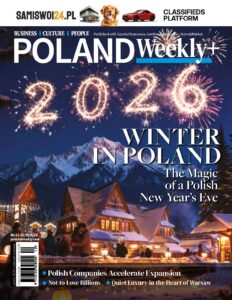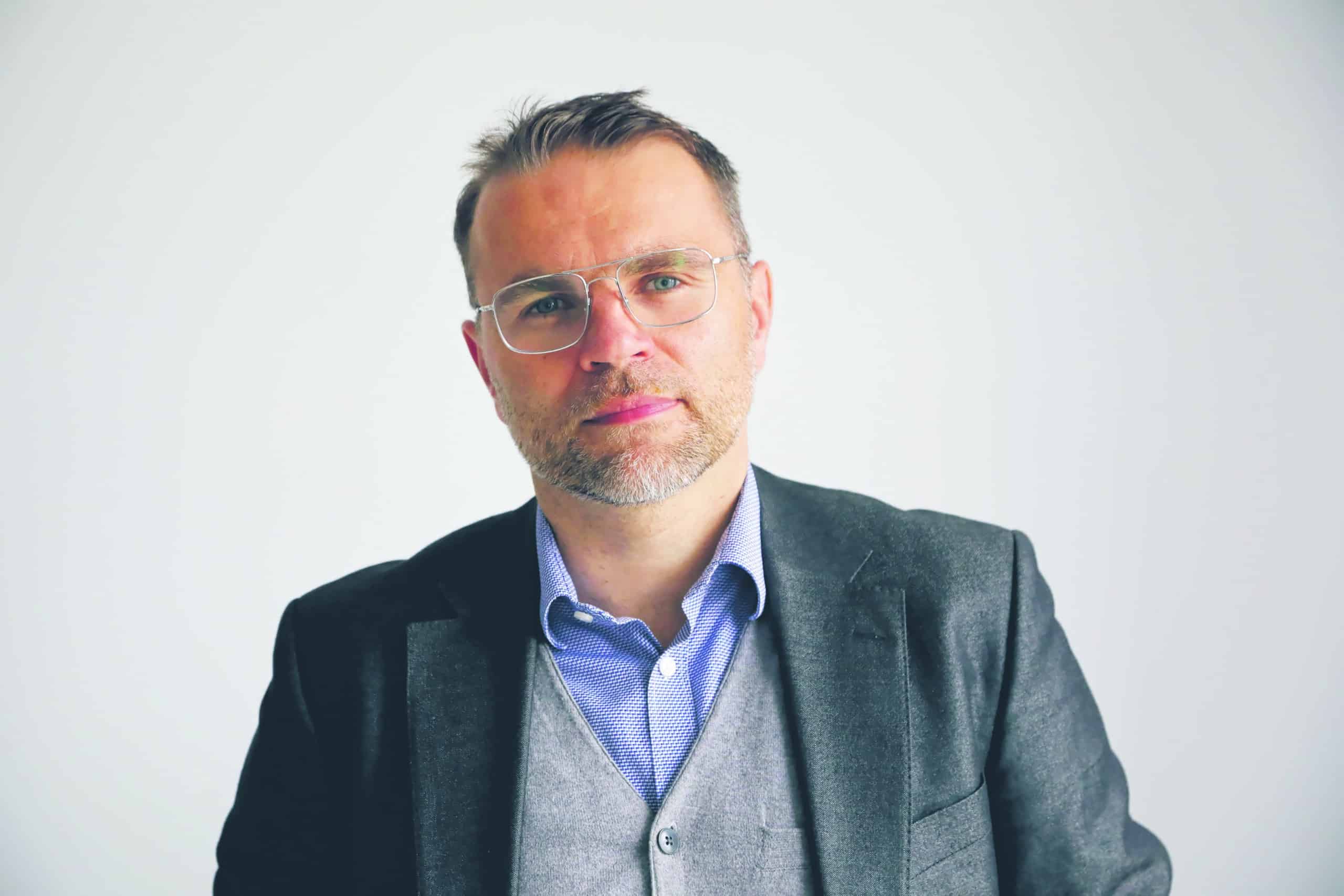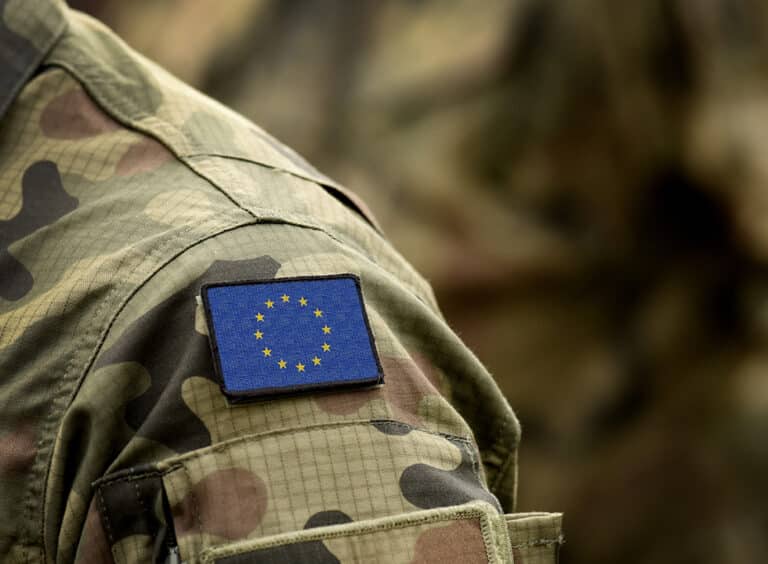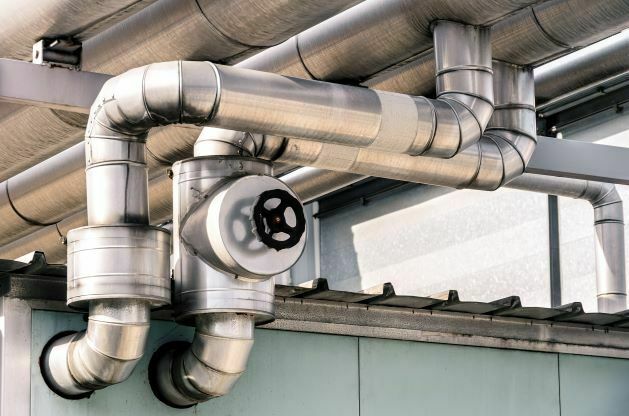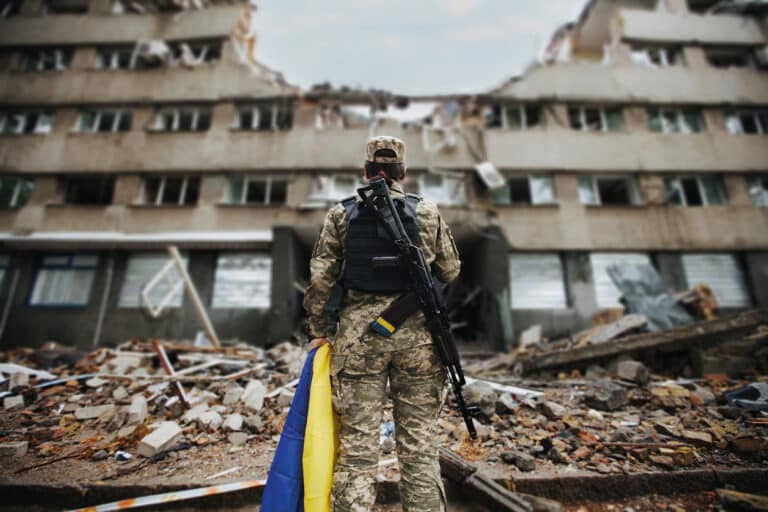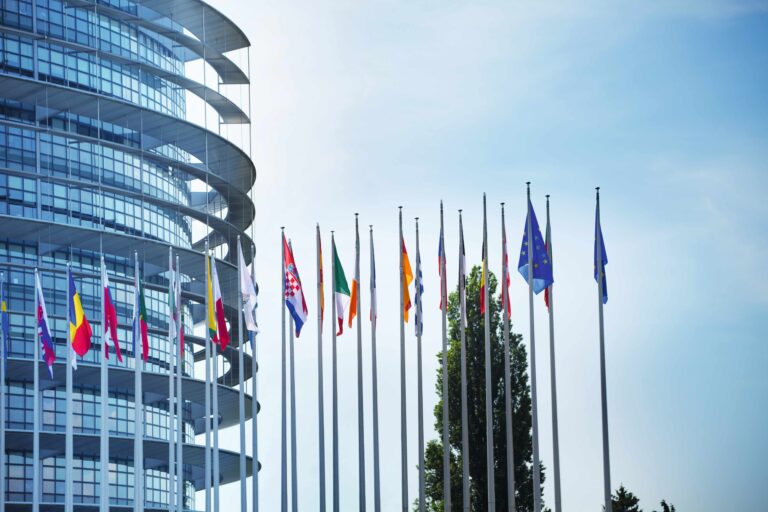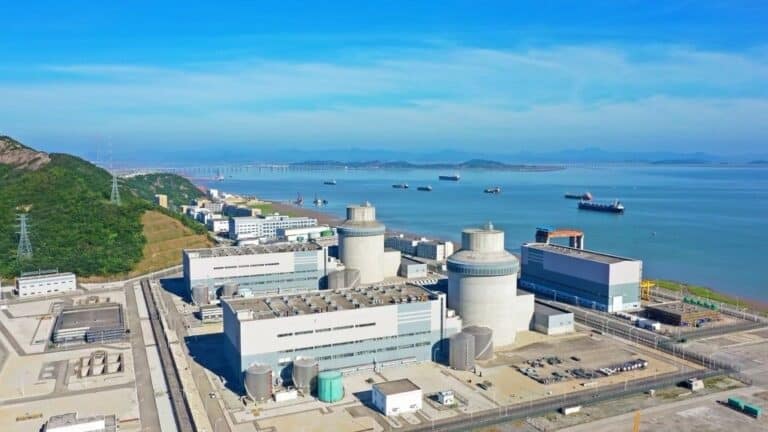For Poland, victory in Ukraine is paramount
Beata Tomczyk talks to Dr Jacek Bartosiak, attorney at law, founder and owner of Strategy & Future.
What exactly did Vladimir Putin want to achieve – we ask after more than six months of the war in Ukraine. Was it really about blocking the expansion of the zone of NATO countries and the European Union? Or maybe it was about taking control of natural deposits, or maybe about fighting a competitor on the food market? What do you think?
The idea was for Russia to decide on its own terms its terms of cooperation with Europe, economic, energy, trade and financial cooperation; what is the future of the European Union, and in particular, let it dictate the conditions for the development of Central and Eastern Europe. Not to mention their countries of the former Soviet Union.
Will this war end with Russia’s slow – but still a – victory? Or maybe the activities will be slowed down and peace will be enforced? What are Moscow’s ambitions in general? Is a territorial or only political takeover of Kiev envisaged?
It seems to me that we are already clear that the takeover of the territories is of less importance for Russia. Of course – why not? But the much more important issue is whether Germany and France will try to force Ukraine to accept that Russia is establishing the rules of peace in Europe and that Russia is Europe’s interlocutor on security and economic matters. Not the Americans, not the Ukrainians, and not those countries – bastards of the Versailles system, as the Soviets used to say about us, not the countries of Central and Eastern Europe. This is what the war is about. Thus, the war is about the status of this part of the world, a status that prevents Russia from returning to the concert of powers in Europe.
These are not just empty words. Behind this are real driving forces that determine the rules on which capital invests in Russia, how modernization is carried out, how Germany can invest in Russia, and how Russian oligarchs can function in the European economy. It boils down to the principles on which Azoty can produce fertilizers – our Azoty in Puławy – and on what principles and how much gas can be imported from the United States through the terminal in Świnoujście, how we can build roads, north, south, east or west. This is what this war is for.
Before the war, the Russians demanded recognition that their sphere of influence is across the Oder River, and that this must be taken into account by others. They demanded that the Americans actually leave this part of Europe, and therefore lose their credibility. And this would over time lead to the Russians acquiring a stake in this company, let’s call it “Europa Ltd”, in all key matters. This has been stopped. Putin had all the instruments to make it happen – actually, last fall and early spring of 2021. On the other hand, it seems that the victory of the Ukrainian army at Kyiv, at least for a while, has precipitated this idea.
But this is still an open game because if Germany and France bend and force Ukraine into peace – and it is not that difficult, because the Ukrainians have no money, no economy, while the Russians use energy instruments, food, inflation, and German reluctance to wage an energy war with Russia – then we will have to deal with the fact that Russia can win this geopolitical confrontation with its version of a kinetic war in Ukraine.
What mistakes have Poland and, more broadly, the West made when it comes to relations with Ukraine and Belarus?
Poland has made a few mistakes. First, it did not prepare for war for 10 years and we neglected military reform. It turns out that the armed forces, the state’s immune system, are an argument in a strong foreign policy. We have neglected it. Second, we pursued Eastern policy after 1991, after the fall of the Soviets, too cautiously in my opinion and throughout the West. Of course, it was necessary to pursue a new eastern policy, also based on the West, but without giving up on our own. And we gave up. We believed that the primacy of the West would expand. It was a mistake because, as you can see, Western countries have their own particular interests with the Russians, just like the Germans.
Does the war between Russia and Ukraine open up new opportunities for Poland, cynically speaking? For example, we will increase our share in the food market, etc. How has Poland’s position in Europe changed since the beginning of the war in Ukraine? How should Poland use this situation in the political and economic context?
Poland should ensure that Ukraine wins the war and, at the same time, ensure its own privileged relations with Ukraine. I know it sounds iconoclastic, but without us, Ukraine would not be able to wage war. I know, also the Americans, without the airport near Rzeszów, without our territory and without our help, also material and military, it would not be able to wage war. And therefore, privileged trade relations with Ukraine should be established and somehow negotiated in the European Union. How are our businesses ready to invest in Ukraine, where there is a huge area of cooperation? I am only worried that due to the institutional and organizational weakness of our businesses and the ineffectiveness of our state, including state-owned companies, which cannot make decisions without politicians, we may waste this opportunity. We have no experience like Germany in economic expansion.
Both our war effort and our willingness for political cooperation or community will not be turned into economic cooperation. Without creating an economic area from the Baltic Sea to the Black Sea, so that we can do business there, that it is legally secured and there is security, and that our capital works, we will not create an economic system separate from Germany and France. And we will not capitalize on the fact that the Ukrainians have defended themselves in Kyiv. The effects of a Ukrainian victory could be taken from us and the Ukrainians for years to come if we do not additionally create a separate economic area. Which, of course, does not fit in the minds of the Germans and the French that somewhere on the periphery, somewhere in Central and Eastern Europe such people could have such ideas. This, of course, is against the interests of the value chain of labor and the division of labor. On the other hand, we must be guided by our own interests and this does not have to disturb the European Union, although it will disturb the system of power in the bloc.
Has the West adopted our perception of Russia as a threat?
No, not yet, not all of the West. Ours is not so perfect either, because we are terribly excited, which serves well during the war, because it mobilizes us. Let me give you an example. Before the war, we exaggeratedly judged Russia to be as huge as an 8-story skyscraper, and when we saw it could be beaten, we had the feeling that, sorry, it was a bungalow. We cannot yo-yo with our emotions in Poland, because we will neither win nor plan. It is not emotions that decide such things. In my opinion, there are too many emotions of this type towards Russia, but in the meantime it is absolutely necessary to defeat this opponent and end the Russian imperial project once and for all.
About the expert
Dr Jacek Bartosiak, attorney at law, founder and owner of Strategy & Future, Director of the War Games and Simulation Program of the Pulaski Foundation; Senior Fellow at The Potomac Foundation in Washington, co-founder of “Play of Battle”, which deals with the preparation of military simulations; associate of the New Confederation and New Generation Warfare Center in Washington; Member of the Advisory Team of the Government Plenipotentiary for the Central Communication Port (2017-2018), President of the Management Board of Centralny Port Komunikacyjny Sp. z o.o. (2018 – 2019).
